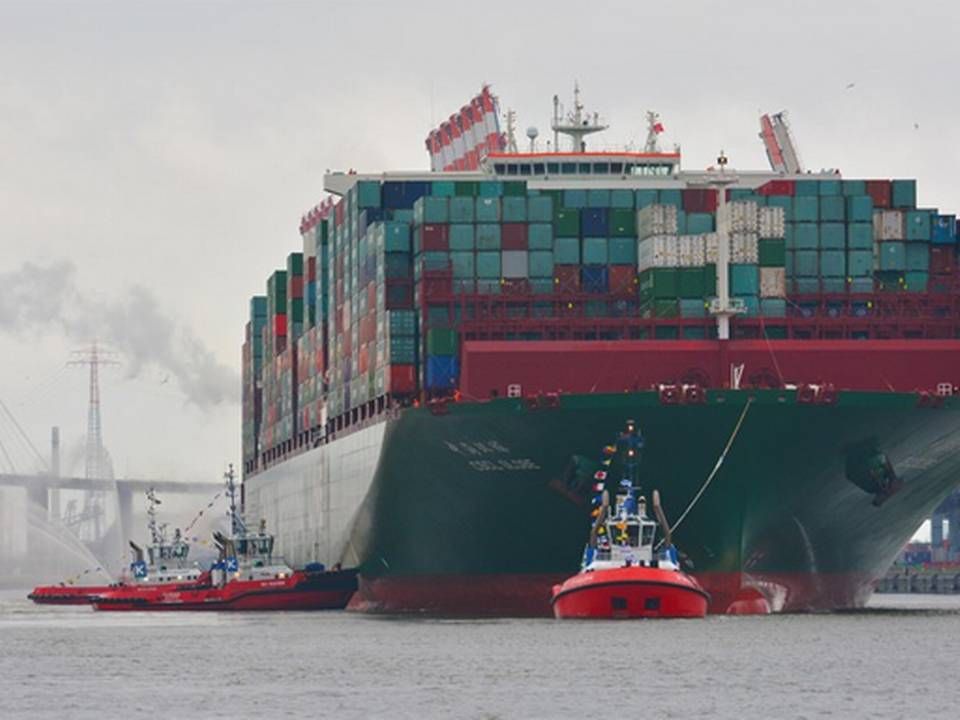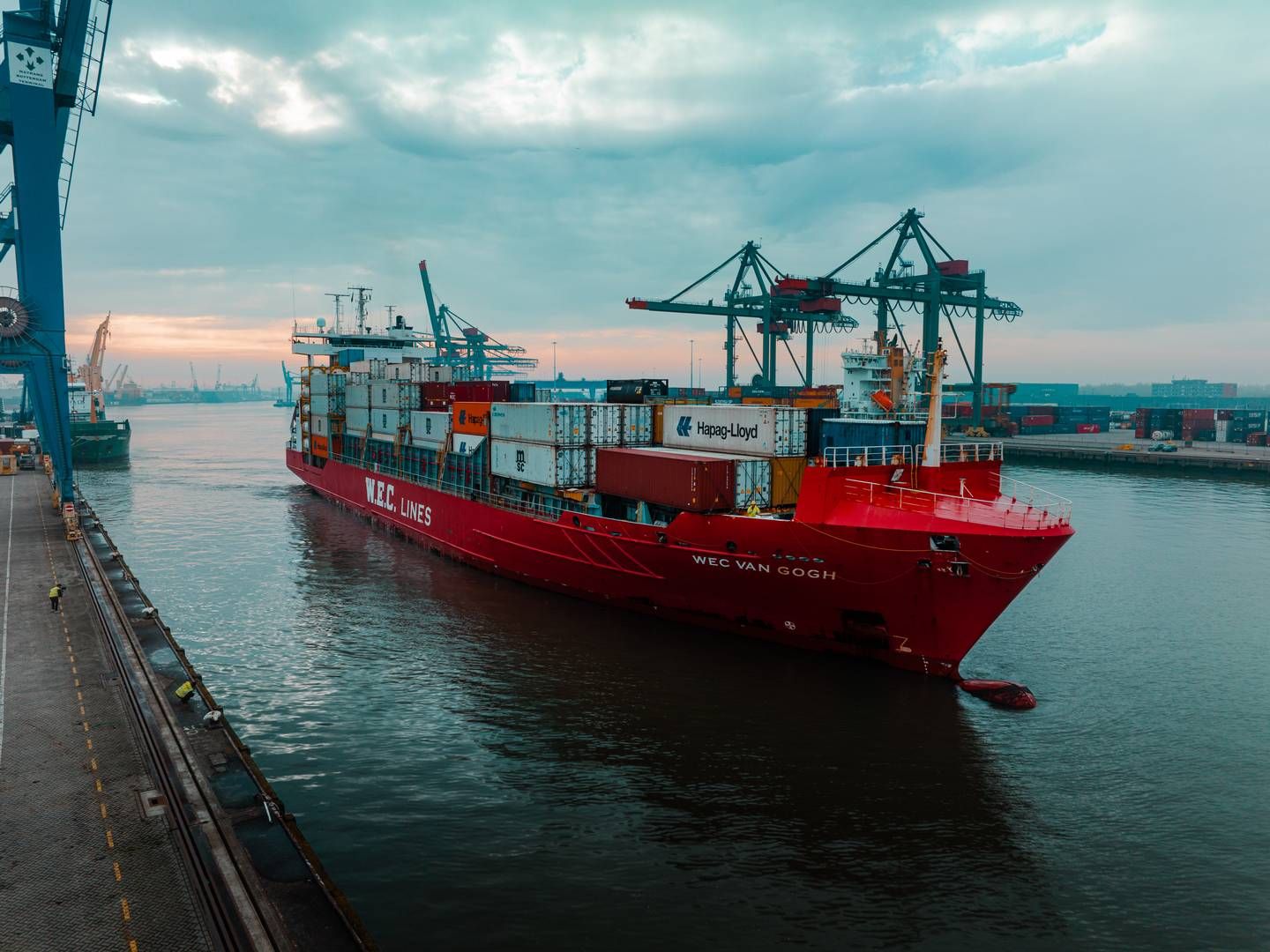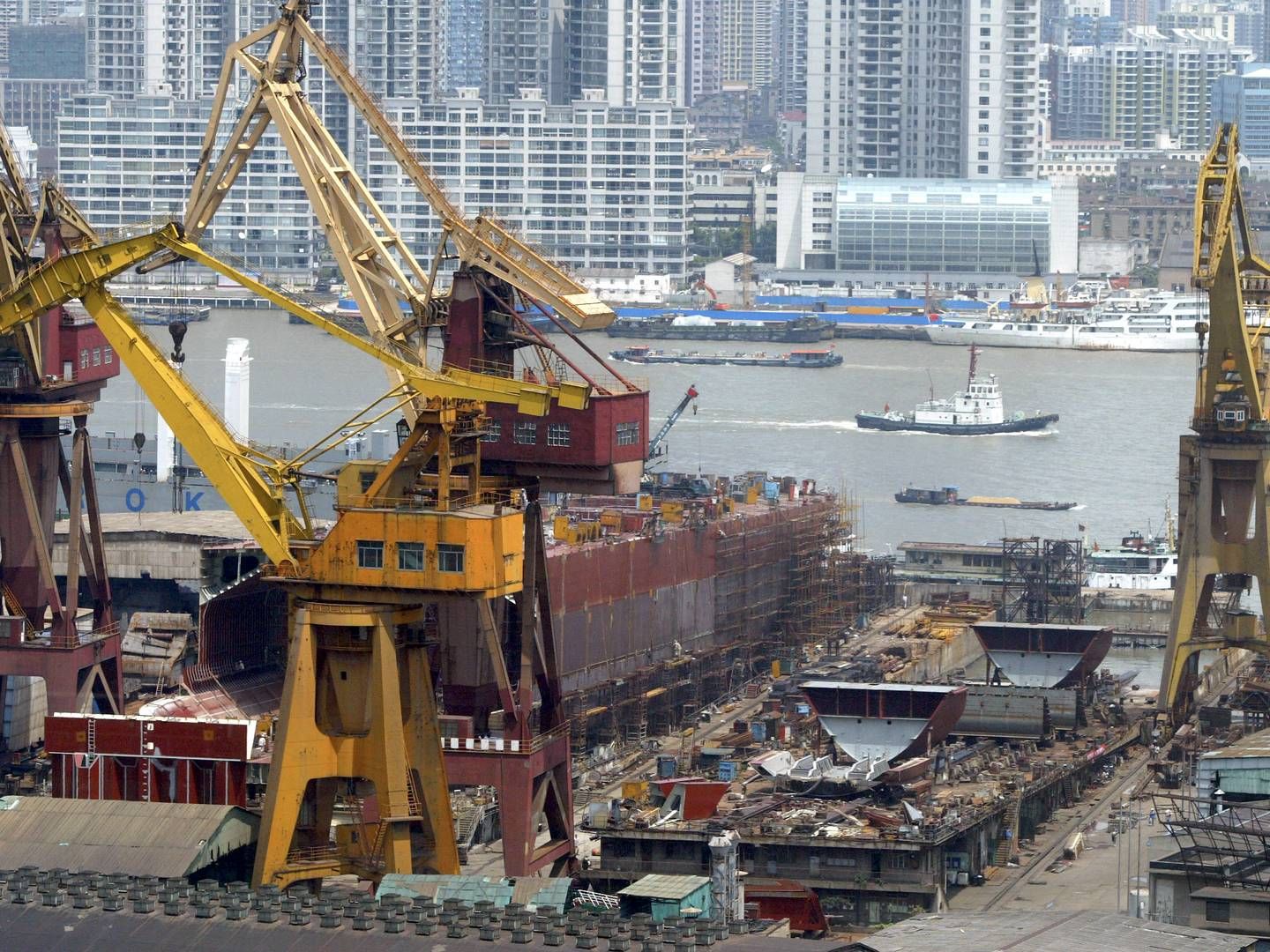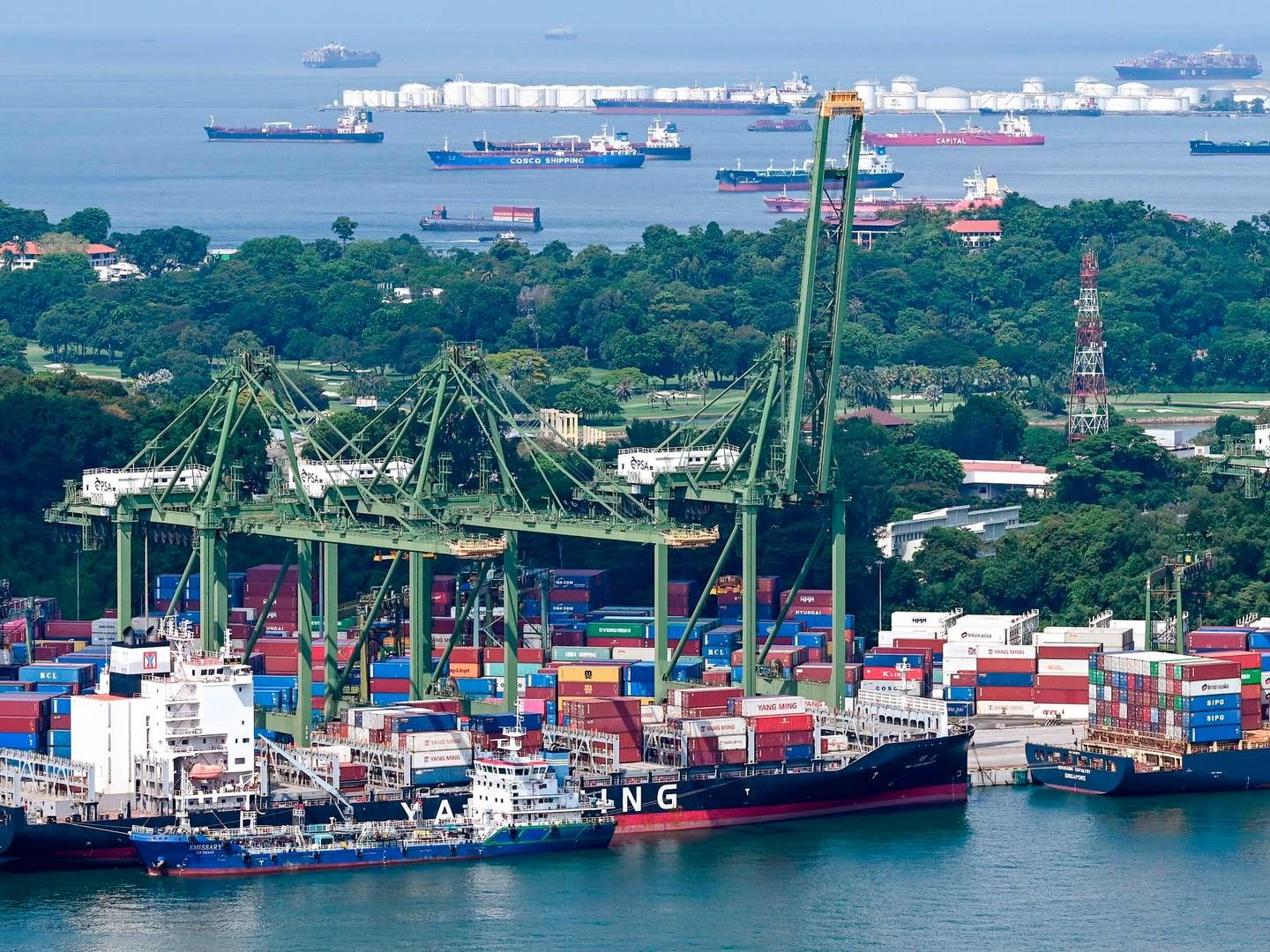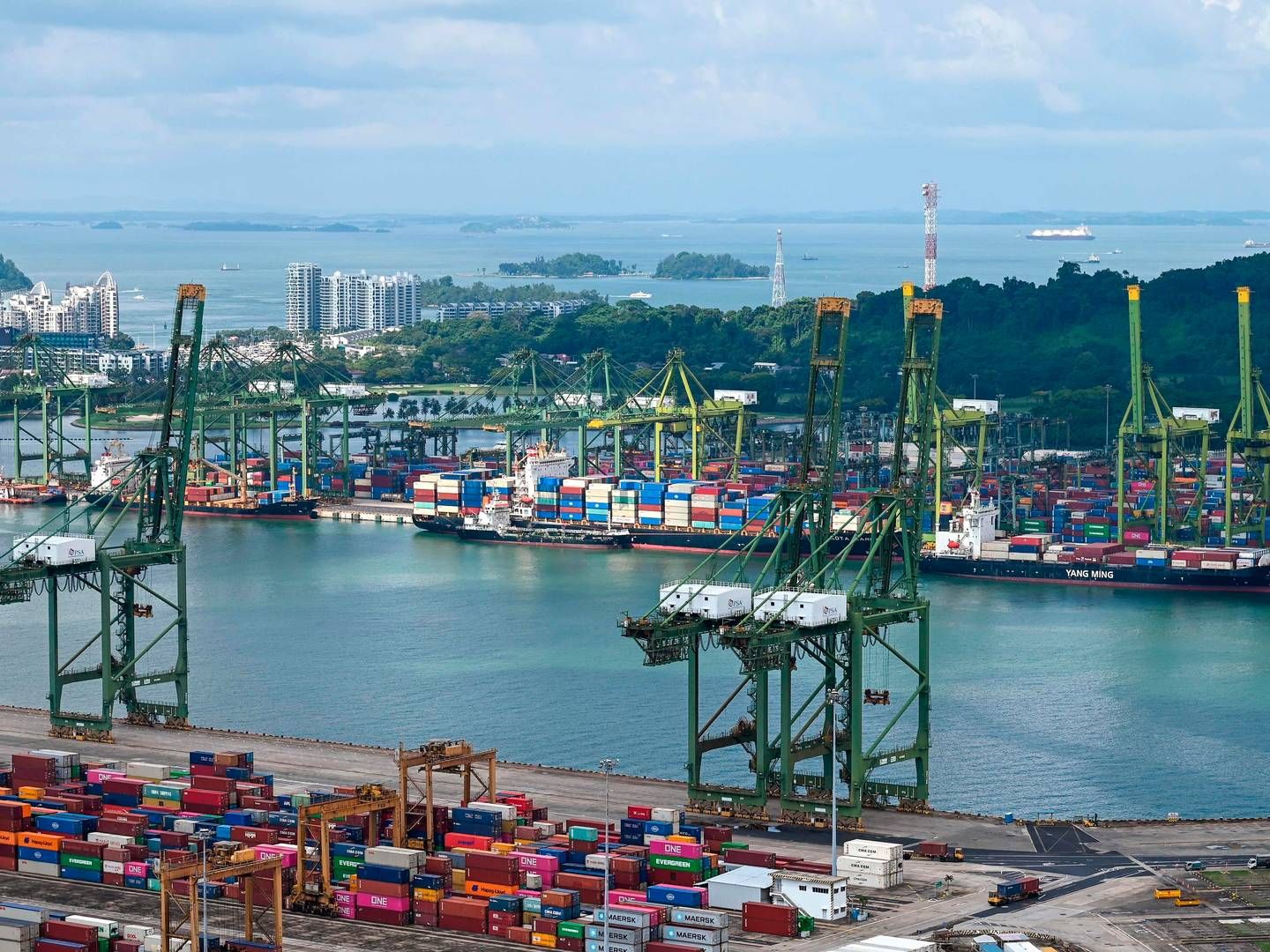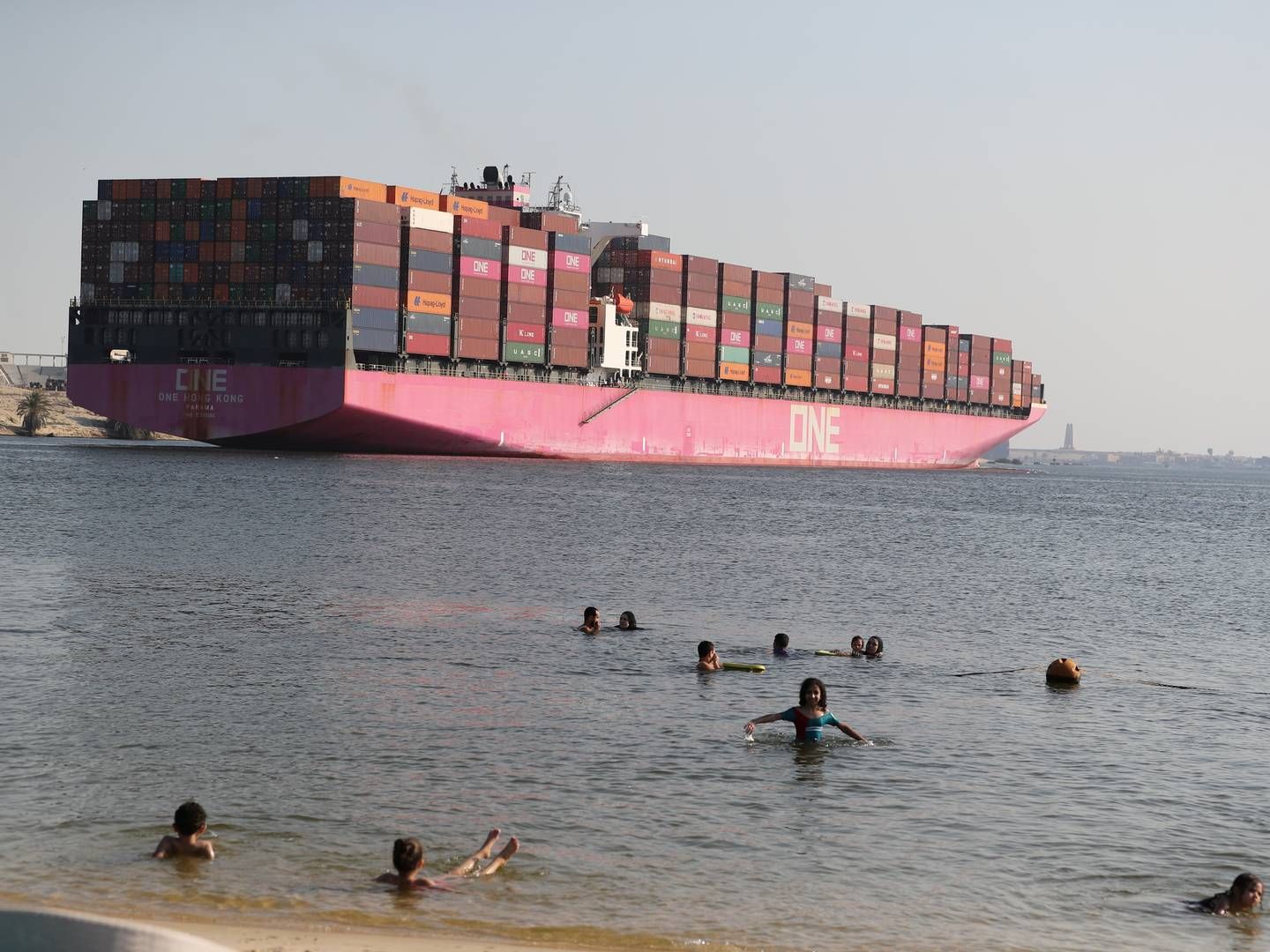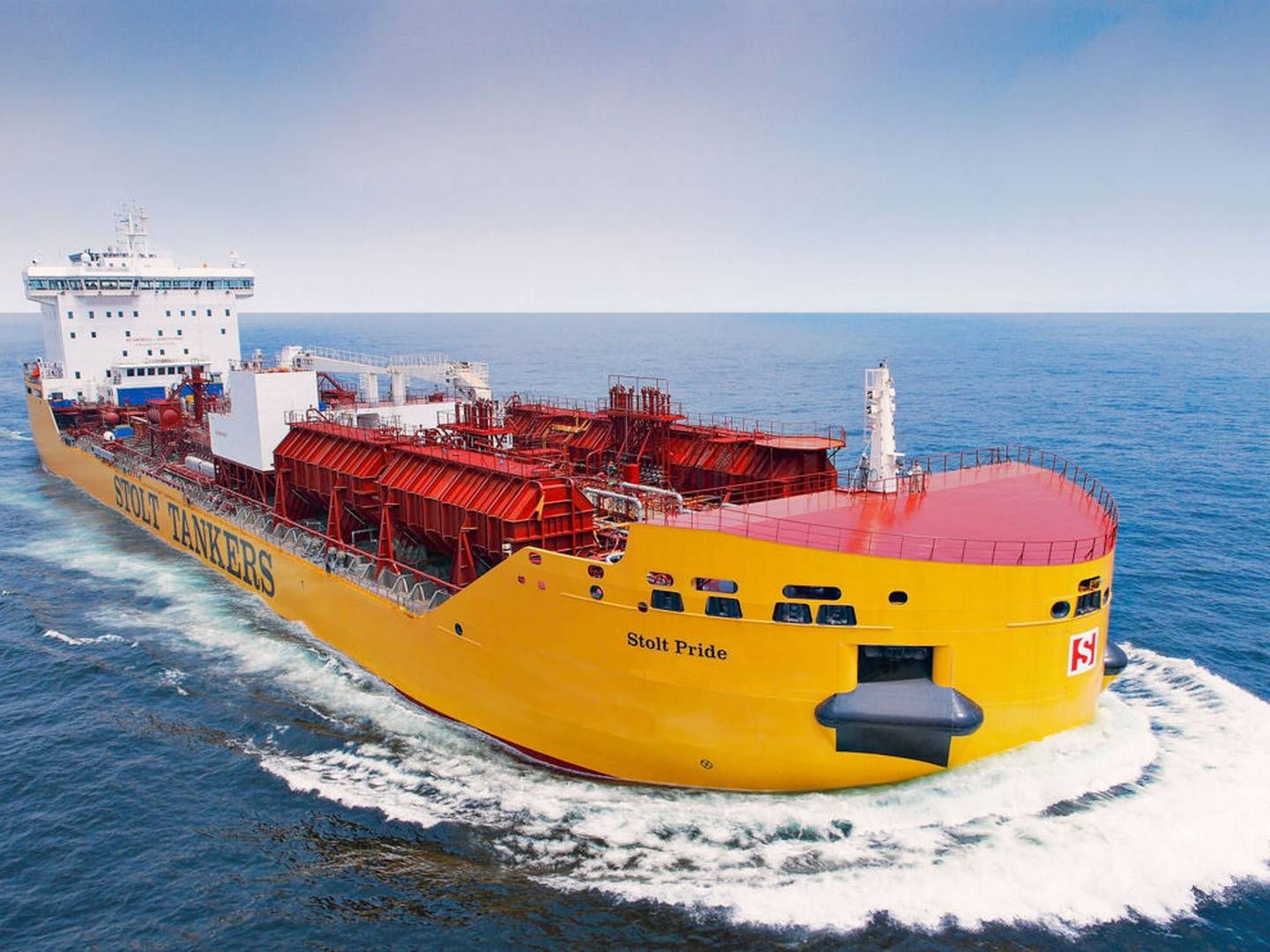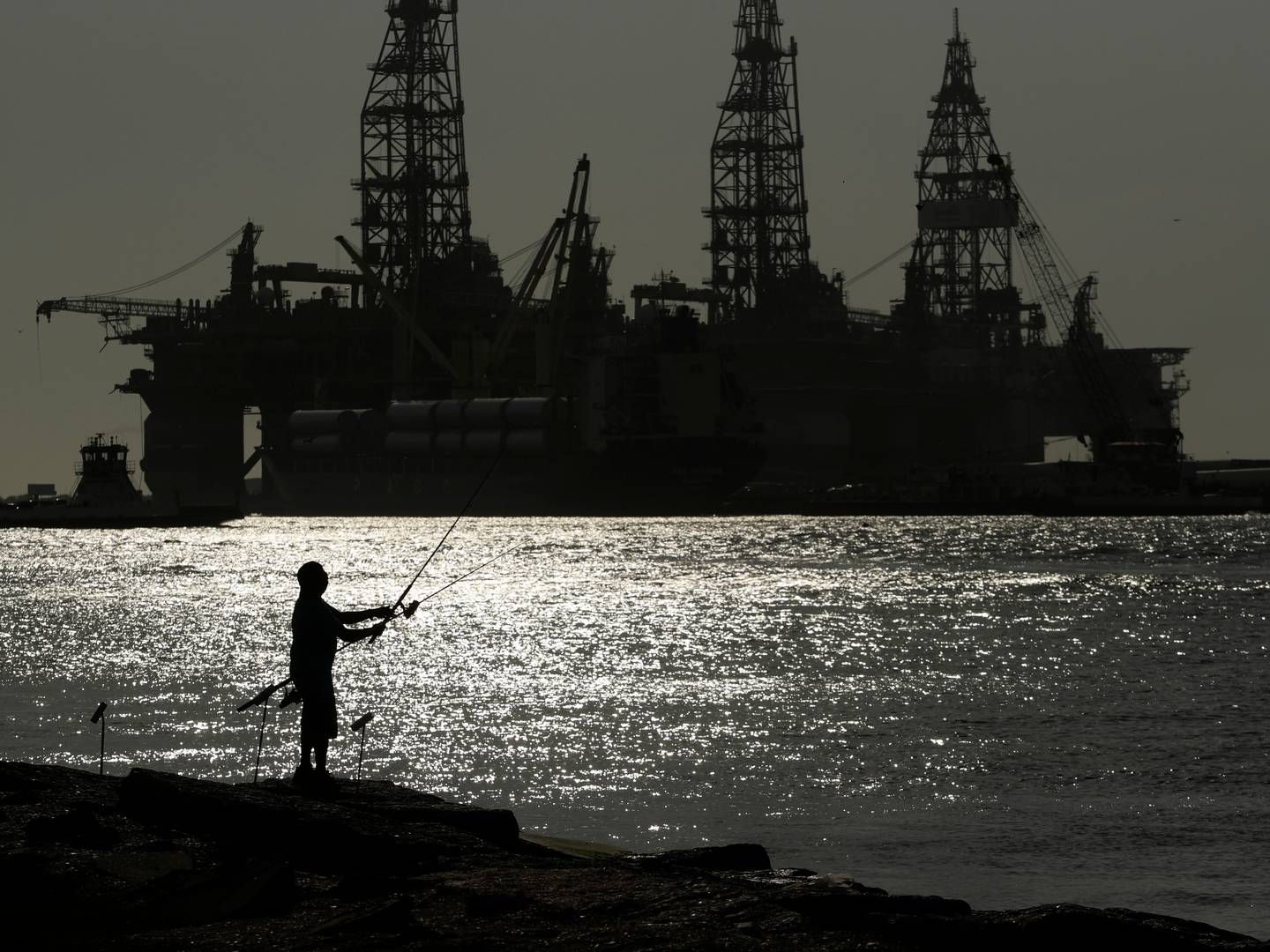New climate battle to take off at the IMO next week
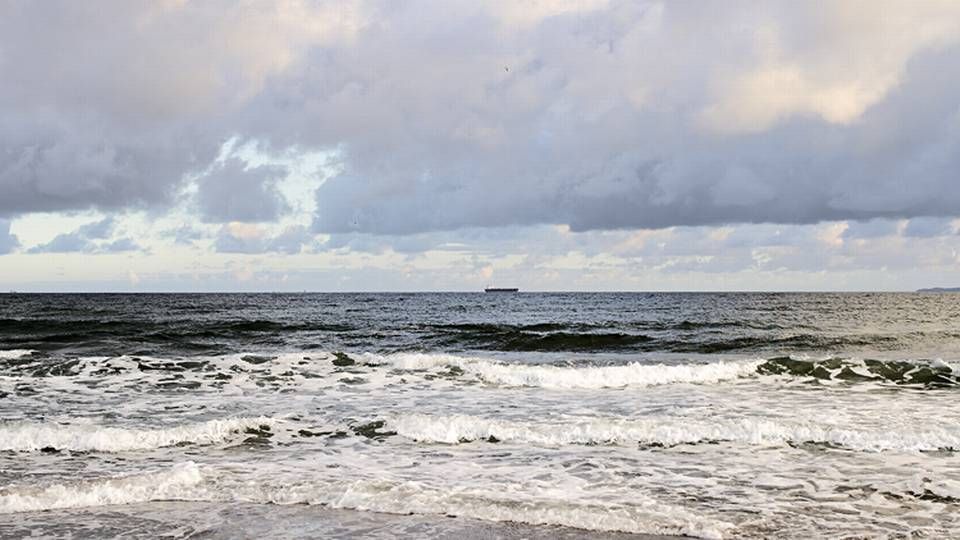
Three groups of countries and organizations will end up pushing for their own agendas when they meet to discuss the reduction of maritime CO2 emissions at the IMO next week.
This is the latest stage in a protracted process and countries are in deep disagreement as to how to tackle climate change and at what speed. All other industries are currently in the process of reducing their CO2 emissions, and shipping must now deliver.
Ahead of the meeting of the CO2 working group, all countries and organizations represented in the IMO have had the opportunity to submit proposals for how to tackle climate change within the IMO structure.
Altogether, the IMO has received 23 proposals from members as to how to achieve the goals they were given for CO2 emissions reductions by 2023. The 23 proposals are the warm-up for a plan which the IMO must present by the end of 2018.
However, opinions vary drastically from nation to nation as to how these reductions will happen, and among the sources ShippingWatch has spoken to ahead of the meeting, there is no doubt that the event will be highly charged.
Three groups
The differing proposals and thus targets for reducing shipping's CO2 emissions are thus roughly divided among three groups.
In one corner, Denmark, Germany, various other northern European countries, along with several Pacific countries have proposed more ambitious climate targets.
Large countries including Brazil, Argentina, and India want things to go in another direction.
In between, international shipowner associations and Japan have each come forward with their own proposal, and that will likely inspire the ultimate outcome.
Compromise
According to several sources, the targets proposed by international shipowner organizations and Japan represent a compromise. The proposal sets out the long-term goal of reducing CO2 emissions by 50 percent by 2050 relative to 2008 level and also setting a fixed annual percentage limit for how much CO2 should be reduced from 2023 to 2050 and beyond to reach the target.
Japan proposes to reduce emissions by 50 percent in 2060. In comparison, the group of countries including Denmark have proposed a 70 percent reduction by 2050 relative to 2008 and an ambition to work towards a 100 percent reduction relative to 2008 levels.
This position will be extremely difficult to sell to the resisting countries, and therefore, a compromise based on the proposals from Japan and international shipowner associations seems to be the most likely outcome.
Countries such as Brazil, Argentina, Saudi Arabia, and India have not established a concrete goal for reducing CO2, but propose more analysis of CO2 emissions from vessels before a final strategy is settled in the IMO.
English Edit: Lena Rutkowski
NGOs' solution to climate problem: Sail slower
Denmark backs tighter requirements for large container vessels
Related articles
NGOs' solution to climate problem: Sail slower
For subscribers


